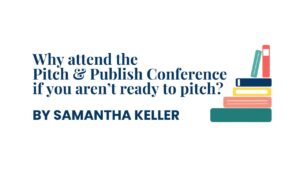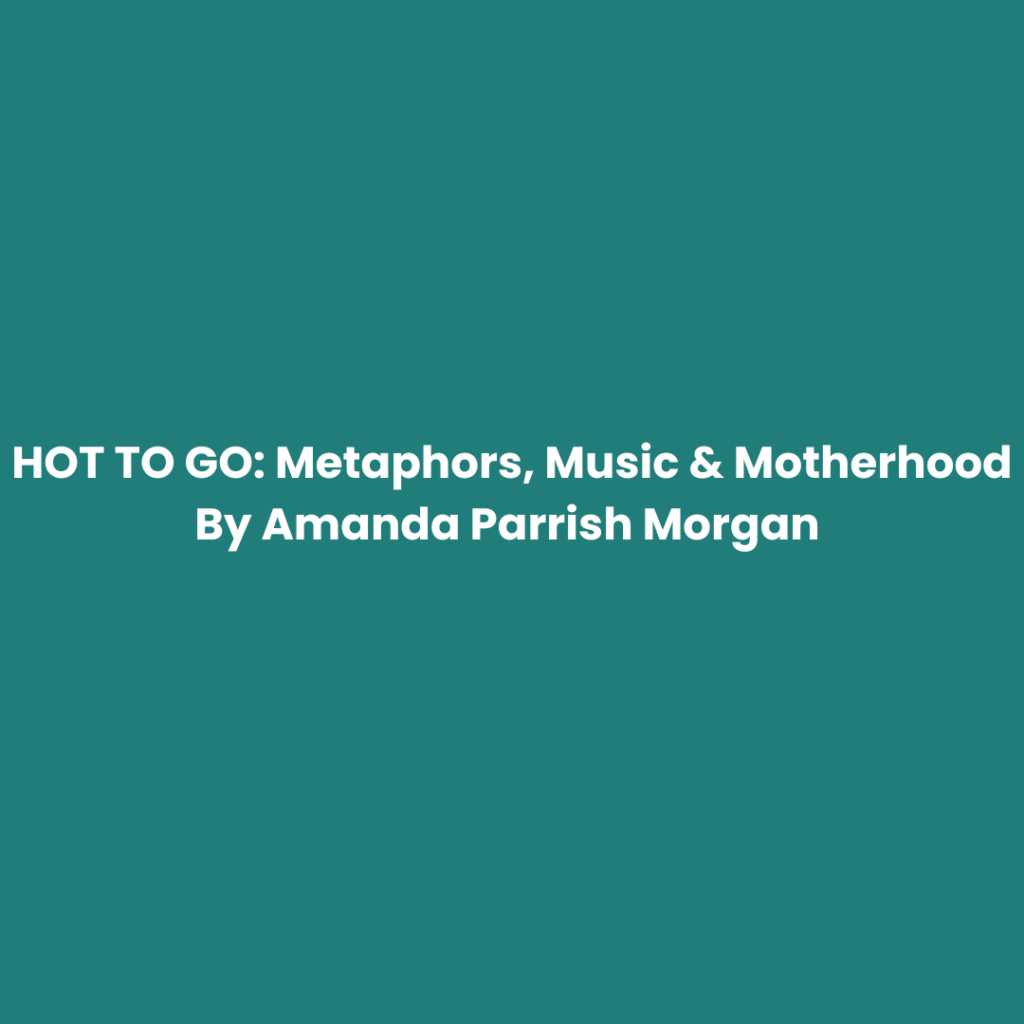By Amanda Parrish Morgan
April is National Poetry Month, and every year to mark the occasion, my kids’ elementary school does a poetry unit. I wish there were more opportunities for poetry in the elementary school classroom, but I’m so grateful for this stretch they have each spring. It’s a time of year when student exhaustion runs high and the kind of natural beauty that inspires so much of young writers’ poetry abounds: dogwood flowers! leaf buds! the world awakening after a long, cold winter!
This year, one of the assignments my fifth grader had was to analyze a song of her choice in search of figurative language. The only ground rule was no explicit content. She chose Carol King’s “You’ve Got a Friend” and diligently read and listened again and again, noticing allusion, hyperbole (which, she wanted to know–is that a kind of metaphor?), repetition. Even my second grader came home talking about metaphors, similes, and alliteration.
Part of why I loved this assignment was that it opened up a way to talk about how language works in the world all around us. Paying that kind of attention to words made clear to students that figurative language isn’t something for a standardized test bubble but at the heart of how we express ourselves about heartbreak, friendship, anger, or grief.
Then, on Saturday, my kids and I had a lot of time together in the car as we drove to and from Glastonbury for a soccer tournament. On the way home we listened to Chappell Roan’s “Hot to Go” a few times. This was a song I’d heard before and found catchy in just the weird way I like songs to be catchy, but I hadn’t paid much attention to the lyrics. In fact, I thought against all evidence provided by the title, that the chorus was “H-O-T-T-R-E-O,” maybe in some vague enthusiastic homage to the red wagons.
With the legacy of National Poetry Month heavy in the backseat of our RAV-4 as the song played for the third time that hour, my daughter asked “is this a metaphor?”
“Hang on,” I said, “let me listen.”
Chappell sang “It’s like a hundred and ninety-nine degrees” and I said “that’s hyperbole.” (My son was quick to point out that he’d told his sister that Chappell wasn’t literally 199 degrees and we talked about if the word “like” in that sentence made it a simile or was just that other kind of filler “like.”) Then, the chorus:
“H-O-T-T-O-G-O
You can take me hot to go”
“Yes, that’s a metaphor.”
“For what?”
My kids are 10 and eight so I struck the balance between honestly and G-rated as best I could. First, I explained that “hot to go” might be written on a sign advertising food that’s ready to be taken home, like a pizza or a rotisserie chicken and then fumbled through a vague and probably unsatisfactory reference to the song being about “going home with someone.”
“That’s a really weird metaphor,” my daughter said, “to compare herself to chicken.”
Yes, I acknowledged, it is. I didn’t get into the subtext of this particular food metaphor, though the conversation did prompt a concern from my kids that this song perhaps ought not to be at every elementary school function and would certainly not have made the “no explicit content” cut for National Poetry Month. What I said instead, partly to change the subject, was that I love weird metaphors.
“That’s the whole point. If a metaphor is weird it makes you think about something in a way you never have before, maybe even in a way that’s confusing or upsetting.” The fact that we have had HOT TO GO on heavy rotation aside, I’m pretty uptight about what my kids are exposed to. I wanted to change the subject from the actual meaning of the song, but it also felt genuinely important to me to make this point about figurative language, about poetry, about weirdness in writing.
Actually, I was so excited to have landed on this very ubiquitous example of weird metaphors that I used it again with my college students, who were, no doubt even more unsettled than my children had been to hear me evoke Chappell Roan.
But that is the point, right, of figurative language? To make something more true, more understandable, more visceral, more surprising, more beautiful, or more unsettling or more real through the unexpected?


